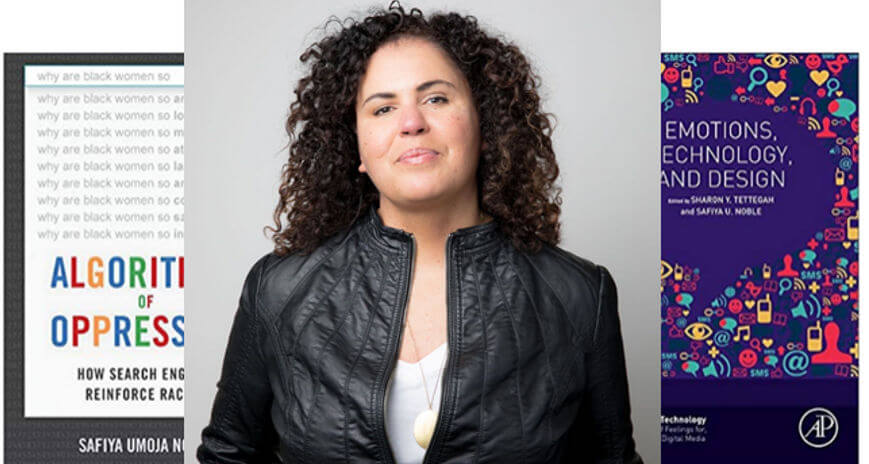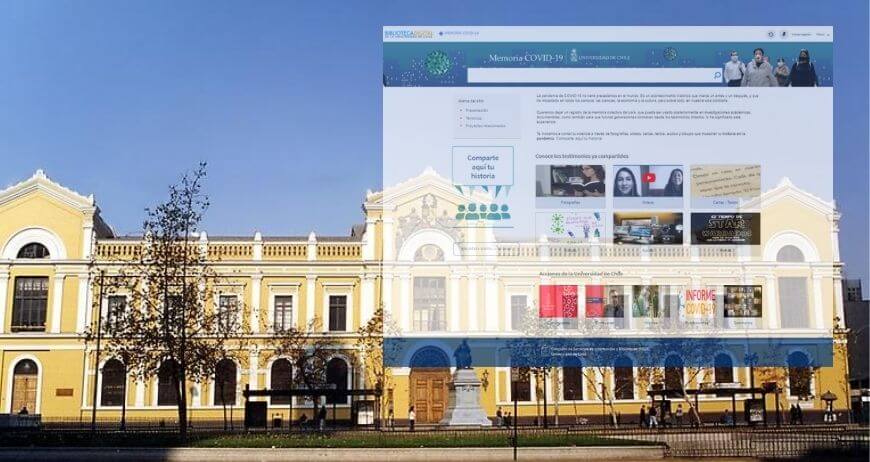This post was originally published on the ProQuest Blog.
The Oxford Dictionaries 2016 word of the year: post-truth.
Amazing that even one or two years ago, phrases like post-truth and “fake news” were essentially unknown in popular usage.
But there is plenty of precedent:
– As far back as 1992, according to Christian Science Monitor, the first known use of “post-truth” appeared in a Nation article about the Iran-Contra scandal.
– Certainly Google and Wikipedia, with their random and sometimes unverified results, have been a bane of librarians, educators and students for well over a decade. (In fact, notes The Verge, “the first Google search result for election results for several hours [post-election] was a tiny conspiracy blog that wrongly showed Trump winning the popular vote.”)
– Ten years ago, “Colbert Report” star Stephen Colbert coined the word “truthiness,” understood as “believing something that feels true, even if it isn’t supported by fact.”
– Clickbait, with its provocative and misleading headlines, has driven countless users to suspect sites over the years.
– Then with the rise of social media came the inevitable viral spam and hoaxes.
But this past year has ramped up the concept of post-truth/fake news dramatically, with awareness driven by Brexit and the U.S. presidential election. According to the Pew Research Center, by 2016 some 62 percent of adults got their news from social media, compared to 49 percent reporting on a slightly different version of the question in 2012.
Facebook, Twitter and Reddit are the most-cited platforms for such users, and the majority of them “stumble” upon the posts while they’re doing other things on the sites.
“The issue is that legitimate news stories get mixed in with everything else on your Facebook ‘news’ feed,” says c/net. “That includes stories from websites that are posing as news sources to harvest your clicks. What’s more, even if you click a link to a well-researched Wall Street Journal story, Facebook could show you related stories from sites that don’t meet those same standards.” (Facebook announced a crackdown on fake news in November 2016, with efforts including third-party verification and making it easier to report false news.)
The view from the reference desk
Can librarians effectively counter fake news? Any attempt is certainly a challenge.
“We’re just inundated with so much information it becomes just more difficult to parse out where the quality information is.” That quote, from University of Illinois Professor Nicole A. Cooke, is part of an interview in The Verge.
“We used to talk to students about ‘How does the website look? Does it look like you could have done it on your laptop or does it look like there’s a corporation behind it?’ …But these new sites are so savvy, the interfaces can be really slick, and they can look a lot like what we consider to be reputable sources.”
The “Annoyed Librarian” of Library Journal’s blog says that theoretically, “librarians could have a role to play in the battle against fake news. Libraries in the mass certainly have the resources to fact-check anything, and they could bombard Facebook. Except of course they would only be seen by people who already agree with them, which is part of the complaint against Facebook.”
Taking steps
A new ProQuest survey of 200+ librarians reveals the goals and challenges of their information literacy efforts. Download the white paper.
In a learning environment where, as a Stanford University study revealed, 82 percent of middle-schoolers “could not distinguish between an ad labeled ‘sponsored content’ and a real news story,” librarians can take steps to help foster information literacy.
– Prof. Nicole Cooke: “When you see a very salacious headline or something that’s challenging, sometimes the inclination is to forward it without checking. You have to ask: does this appear in multiple places or did you only see it on Facebook?”
– Georgina Cronin, University of Cambridge Research & Support Librarian and author of “Cardies & Tweed” blog: “If you’re not an outreach type person then hook your users up with someone who is. …Lead by example by sharing good resources on social media accounts and by running effective teaching sessions on literacy, social media use and critical thinking, and build up the skills of your communities.”
Steps to better research
For students doing assignments or general patrons looking for information, the library is still a “safe place” to gather facts that lead to informed conclusions.
– On open web searches, even such simple sources as the site’s About Us and Privacy Policy page, clear dates on posted articles or author credentials that are easy to track contributes to confidence in the content as trustworthy.
– Providing vetted content to aid with critical thinking can start at the middle-school level with products like ProQuest SIRS Issues Researcher (a Library Journal winner and CODiE finalist), which presents balanced pro/con arguments from global sources.
– ProQuest’s Research Companion, an award-winning cloud-based information literacy solution for researchers and educators, is aligned to both to ACRL Information Literacy and Common Core English Language Arts standards.
You might also be interested in

COVID-19
Librarianship
April 28, 2021 |
11 min read
Trends in Physical and Electronic Resource Usage in U.S. Academic Libraries

COVID-19
Librarianship
April 09, 2021 |
5 min read
National Library Week: Recognizing Libraries as a Reliable and Resilient Force

Alma
Librarianship
April 06, 2021 |
6 min read
Centralizing, Optimizing and Cutting Costs
Great library experiences start with software
Download whitepaper

Alma
Librarianship
March 09, 2021 |
7 min read
Finding the Best Integrated Library System for Small and Medium Library Collections and Management

Alma
Librarianship
February 16, 2021 |
6 min read
A Small Library Staff Can Do Much More Than You Think

Alma
Librarianship
November 11, 2020 |
5 min read
The Big Challenges of Small Libraries

Community
Librarianship
October 14, 2020 |
3 min read
Diversity, Equity and Inclusion: Dr. Safiya Umoja Noble Chats with Ex Libris

Alma
Primo
Community
COVID-19
Librarianship
August 13, 2020 |
2 min read
A Unique Approach to Memorializing 
